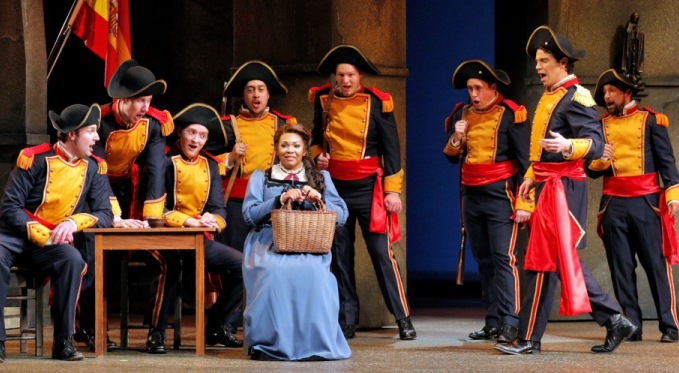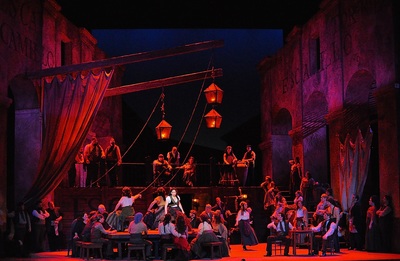

A number of Reiner's well-known recordings stem from his tenure there. In 1938 he became the director of the Pittsburgh Symphony - one of several positions that established Reiner as a fine builder of orchestras, with a talent for steering ensembles toward new levels of quality and success. From that point onward, Reiner's career was firmly rooted in the United States, where he became a citizen in 1928.Īfter resigning his post at Cincinnati Reiner became a professor of conducting at the Curtis Institute of Music in Philadelphia, where his students included both the young Leonard Bernstein and Lukas Foss Bernstein, in particular, credited Reiner with a great deal of influence in his development. The economic chaos and emergent anti-Semitism that followed the First World War made Reiner anxious to leave Europe, and an invitation (in 1921) to become the music director of the Cincinnati Symphony Orchestra provided just the right opportunity. In 1914 Reiner accepted a position at the Dresden Court Opera, where he formed a fortuitous relationship with both the conductor Arthur Nikisch and the composer Richard Strauss Reiner would eventually give the German premier of Strauss' DIE FRAU OHNE SCHATTEN, and would remain a devoted interpreter of the composer's works throughout his career. Reiner gained conducting experience at a number of regional opera houses before eventually returning to Budapest in 1911 to serve at the city's Volksoper, where his reputation as a conductor of special abilities finally emerged. Universally admired for his music-making, widely disliked for his aggressive and exacting temperament, and survived by a legacy of definitive recorded performances, he was largely responsible for the artistic ascendancy of the Chicago Symphony Orchestra, and exerted considerable influence on generations of musicians.īorn in Budapest in 1888, he studied piano with his mother and, at the age of 15, entered the Franz Liszt Academy - an institution that also boasts Bela Bartók, Zoltan Kodály, Ernst von Dohnányi, George Szell, Eugene Ormandy, Georg Solti and Antal Dorati as graduates.


“Fritz Reiner was a legend among conductors. Met Opera Ensemble Risë Stevens, Richard Tucker, Nadine Conner, Paolo Silveri, etc. CARMEN, Live Performance, 16 Feb., 1952, w.Reiner Cond.


 0 kommentar(er)
0 kommentar(er)
